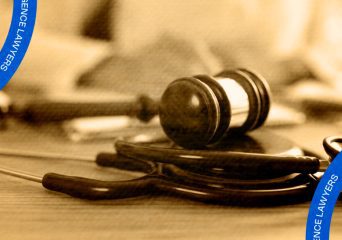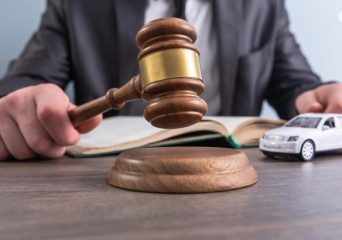
How Can I Prove Negligence In My Slip and Fall Case?
Slip and fall accidents can happen to anyone anytime, resulting in physical injuries, disability, and death. These accidents can result in a wide range of physical injuries, including bone fractures, concussions, external and internal bleeding, bruises, lacerations, spinal cord damage, paralysis, or death.
Even a minor, non-fatal injury can severely diminish the quality of life of an individual and reach up to hundreds of thousands of dollars in medical bills and costs of ongoing treatment besides incidental expenses.
If your slip and fall accident resulted from someone else’s negligence, you might be able to sue them for compensation for your damages.
Proving negligence in a slip and fall case is one of the most critical steps to ensuring that you will receive the compensation you deserve. Read on as we take a closer look at how and why you need to prove negligence in a slip and fall lawsuit.
Importance of Evidence
Like any other lawsuit, slip and fall lawsuits require sufficient evidence to prove that the accident and damages occurred due to the negligence of another party.

The strength of a slip and fall case directly depends on the amount of evidence you submit to the court, which includes photographs of the accident site and your injuries, medical bills, eyewitness statements, and copies of official complaints filed with the property owner, etc.
To improve your chances of a successful claim, you should file a complaint with the property owner immediately after the accident. It not only keeps a written record of your accident but also signifies that you promptly notified the negligent party of the accident and injuries, a fact that can later help you during your personal injury lawsuit.
Premises Liability Law
The premises liability law governs all slip and fall accidents that occur at someone’s property, whether private or public. It is used to establish the negligence of a property owner or a third party in any slip and fall lawsuit. To prove negligence, you must prove the following:

1. The defendant, i.e., the property owner or a third party had a duty of care that extended to all the visitors, guests, and patrons of the property. This duty included the maintenance of safety standards at the property. 2. The defendant knew or should have known about a potential slipping or tripping hazard at their property. 3. The defendant had adequate time to eliminate the threat to public safety but failed to address the issue in time, therefore violating their duty of care.
Contributory Negligence
In some states, the principle of contributory negligence applies to all accidents, including slip and fall cases.

According to this principle, the amount of compensation received by a plaintiff decreases if it is discovered that they were partially at fault for the accident. The amount is directly related to the degree of negligence of the plaintiff.
Conclusion
If you slipped and fell on someone else’s property, you might be able to sue them for compensation for your damages.
To obtain financial compensation through a personal injury lawsuit, you must prove the negligence of another party and present sufficient evidence to support your claim.
A skilled lawyer who is well-versed in personal injury law and slip and fall lawsuits can help you gather the necessary evidence, file a lawsuit, and get the compensation you deserve.
Additionals:









